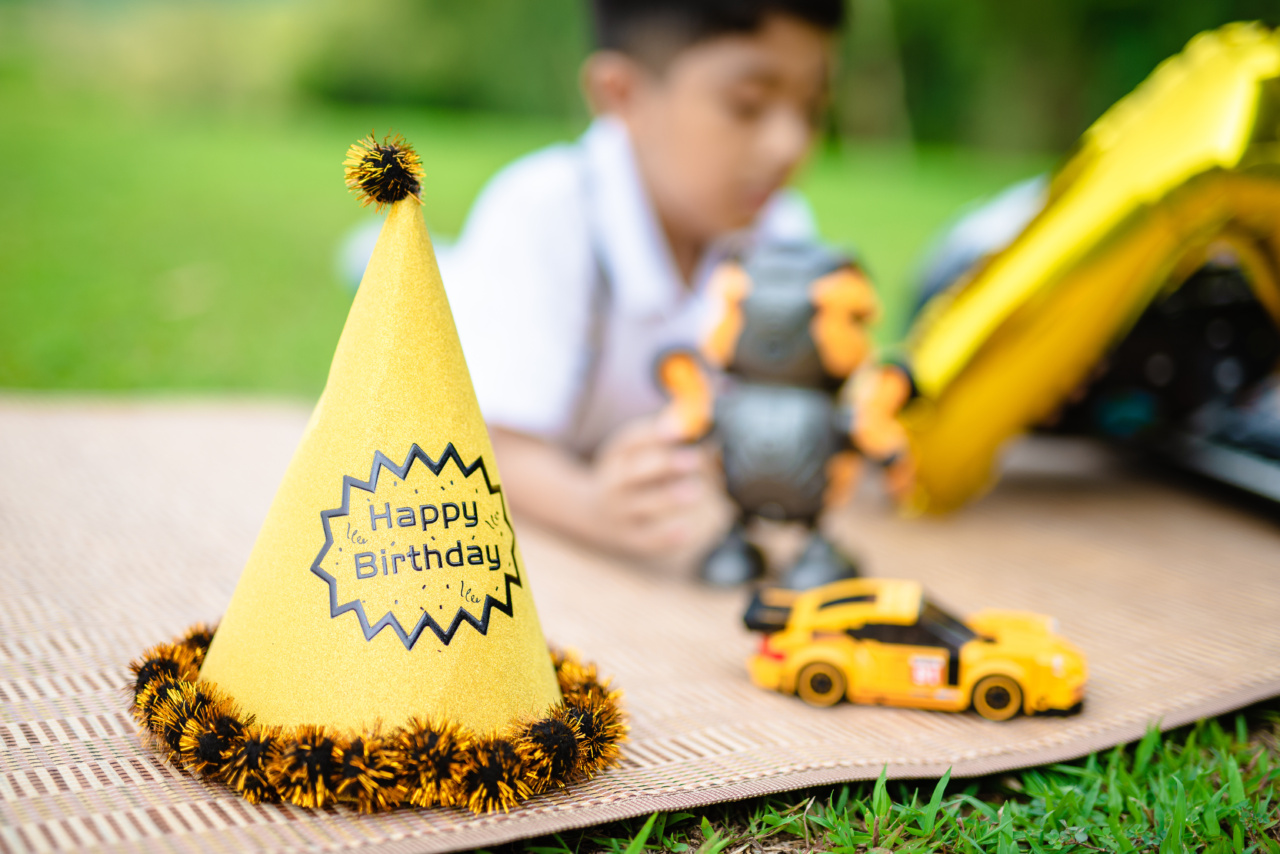Car collisions can be traumatic for anyone involved, including children. The shock, fear, and physical injuries associated with such accidents can have a lasting impact on a child’s emotional well-being.
As a parent, it is crucial to recognize and respond appropriately when your child is traumatized by a car collision. By providing support, understanding, and professional help if needed, you can help your child navigate through this difficult experience and promote their healing process.
1. Recognize the Signs of Trauma
Children may express their trauma differently than adults. Keep an eye out for signs such as:.
– Recurring nightmares or trouble sleeping.
– Sudden changes in behavior or mood.
– Fear or avoidance of vehicles or driving.
– Regression in development or academic performance.
– Emotional outbursts or difficulties in expressing emotions.
2. Create a Safe and Supportive Environment
It is crucial to create a safe space where your child feels comfortable expressing their feelings about the car collision. Encourage open communication and provide reassurance that they are safe.
Validate their emotions and avoid dismissing or downplaying their experiences.
3. Establish a Routine
Following a car collision, maintaining a structured routine can help restore a sense of stability for your child. Stick to consistent mealtimes, bedtimes, and daily activities. Predictability can provide a sense of security during a time of distress.
4. Listen and Validate
When your child is ready to talk, listen attentively and demonstrate empathy. Validate their emotions by saying things like, “It’s normal to feel scared after such a scary event.” Avoid making judgmental or dismissive comments.
Reassure your child that their feelings are valid and that you are there to support them.
5. Provide Age-Appropriate Information
Depending on your child’s age and level of understanding, provide them with age-appropriate information about the car collision. Use simple and clear language. Avoid sharing graphic details that might further traumatize them.
Be honest but focus on the positive aspects of their recovery.
6. Maintain a Healthy Lifestyle
Promote your child’s well-being by encouraging healthy habits. Ensure they get enough sleep, eat nutritious meals, and engage in physical activity. A healthy lifestyle can contribute positively to their overall emotional resilience.
7. Seek Professional Help if Needed
If your child’s trauma symptoms persist or worsen over time, consider seeking professional help. A trained therapist can help your child process their emotions and develop effective coping strategies.
Don’t hesitate to reach out to a mental health professional specializing in trauma.
8. Encourage Expressive Activities
Engaging in expressive activities such as art therapy, journaling, or storytelling can help your child process their feelings and experiences related to the car collision. Encourage them to express themselves in ways that feel natural to them.
9. Stay Calm and Manage Your Own Emotions
Children often look to their parents for guidance on how to react to stressful situations. It is essential to manage your emotions and remain calm when discussing the car collision with your child.
Model healthy coping mechanisms and let them see that you are resilient in the face of adversity.
10. Celebrate Progress and Resilience
As your child navigates through their healing process, celebrate their progress and resilience. Acknowledge even the smallest steps forward and let them know that you are proud of their strength.































